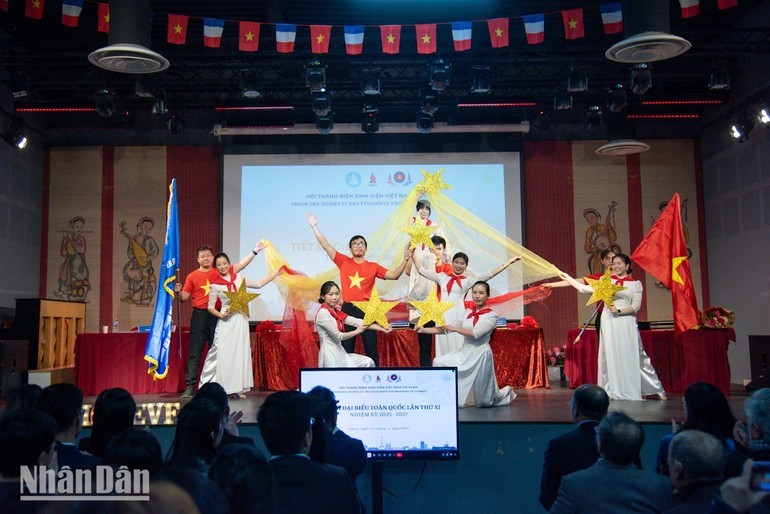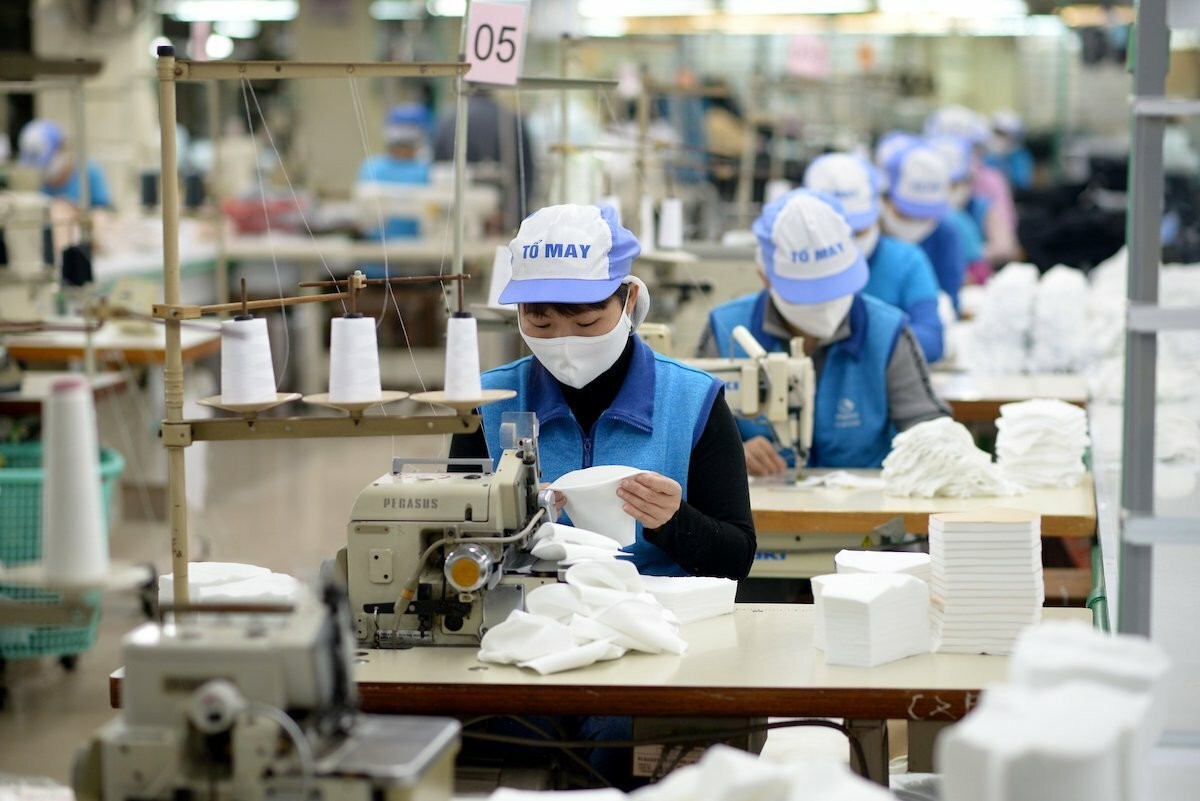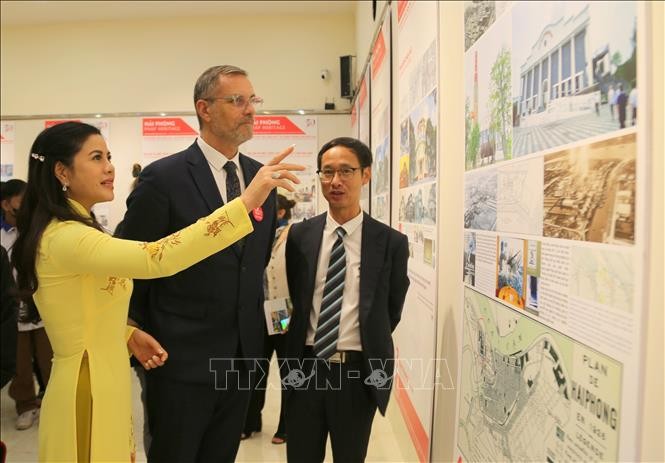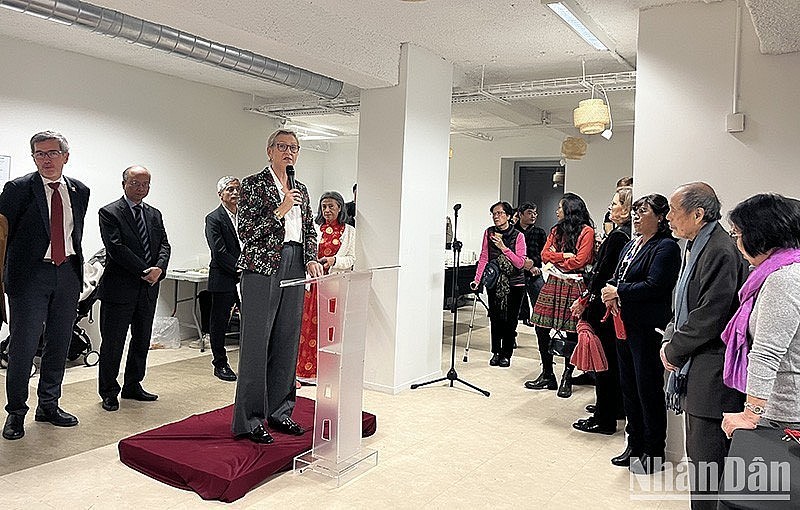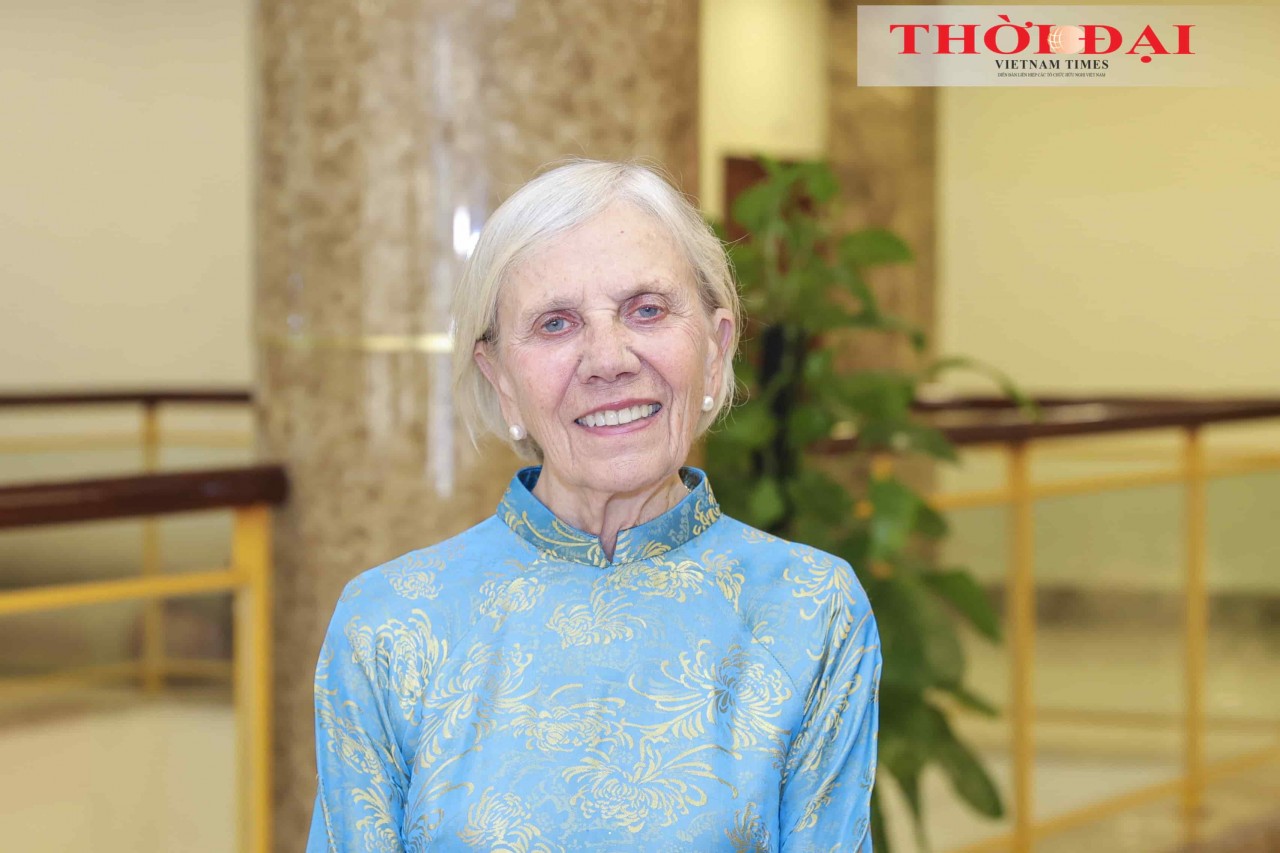Cecile Le Pham: Heartfelt Bridge of Compassion between Vietnam and France
| Florence Cavalier: Motherhood as a Bridge of France-Vietnam Compassion | |
| Madeleine Riffaud: Compassionate Peace Warrior with Heart for Vietnam |
Writing Story of Compassion in Homeland
Born in Hue to a French father and a Vietnamese mother, Cecile Le Pham’s childhood was tied to the riverlands of Can Tho, where her mother raised her alone during the difficult years after the war. She speaks of her mother with deep reverence: a woman who was both father and mother, teaching her resilience, compassion, and love for her homeland. That foundation nurtured in her an unbreakable bond with Vietnam.
In 1980, she and her husband, a surgeon, moved to France. Life abroad was stable and peaceful, but Vietnam was never absent from her heart. She often said, “I have two homelands in my heart, and if I had not returned, I would never have known the complete happiness I have today.”
Cecile decided to return to Vietnam in 1992, when the country was still struggling. The strongest impression in her early days back was the smiles of children who, though poor, radiated hope. This touched her deeply and compelled her to act. She understood that her return was not just about reunion, but also about writing a new story: a story of compassion on her own native soil.
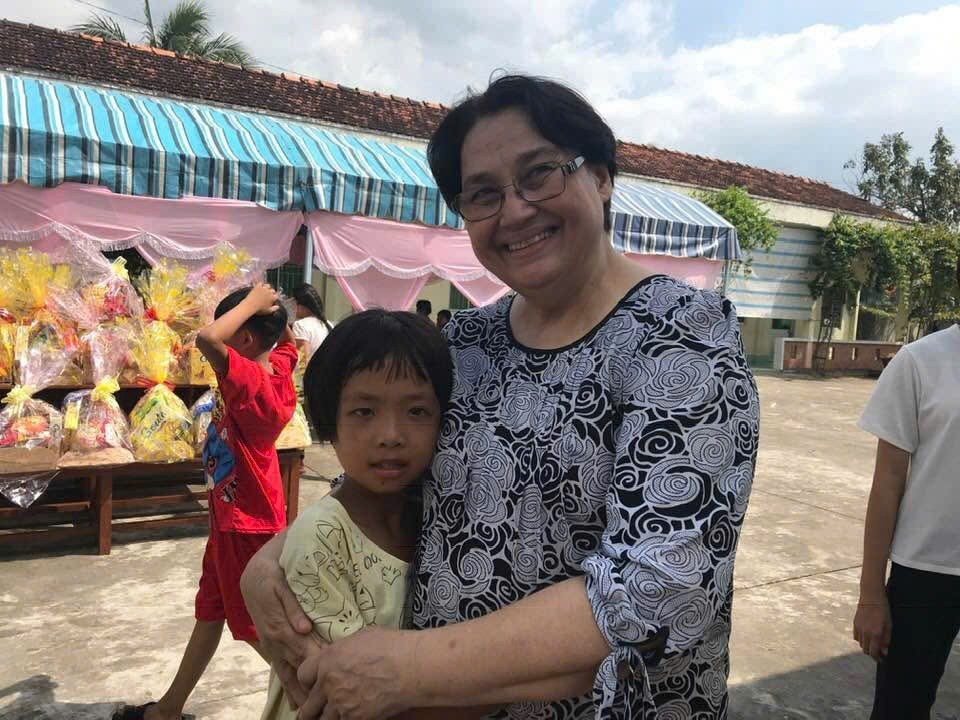 |
| Cecile Le Pham with a child at the Hoa Mai Orphanage Center (Can Tho). |
As Vice President of the Association ASSORV (France) and its Chief Representative in Vietnam, she and ASSORV established the Hoa Mai Orphanage Center in Can Tho on land donated by her mother. The center welcomed dozens of orphans, giving them a home with food, schooling, and, most importantly, a source of emotional support.
Only two years later, a second center was founded in Hau Giang, followed by another Hoa Mai facility in Da Nang. The support model was unique: each child was sponsored by a family or individual in France or Vietnam until the age of 18, ensuring not only food and clothing but also access to education and vocational training. Outstanding students were supported through university, while others were trained in trades to become self-reliant in adulthood.
 |
| Cecile Le Pham with children at the Hoa Mai Orphanage Center (Da Nang). |
Cecile shared that one benefactor, now over 90 years old and living in a retirement home in France, still regularly sends funds to support the “spiritual child” they sponsor in Vietnam. Thanks to such enduring support, over the past three decades, hundreds of children have been nurtured and given wings to their future.
“My greatest happiness is hearing the children call me ‘Mother Cil,’ or handing them the letters from their sponsors. In those moments, I feel that my mission has been fulfilled in some way: connecting hands and hearts, so that no child feels alone in this life,” Cecile said.
Each year, the Hoa Mai Orphanage Centers welcome about 50 orphans or disadvantaged children from grades 1 to 12. The average annual aid amounts to around 2 billion Vietnamese dong.
Creating Jobs and Preserving Culture
After years with the Hoa Mai orphanages, Cecile realized that although the children were raised and educated until 18, many still struggled to make a living and had to leave their hometowns for unfamiliar cities. She was troubled: “If we only raise and educate them without helping them secure stable jobs, the humanitarian journey is still incomplete.”
In 2002, when Da Nang offered favorable conditions to expand Hoa Mai, city leaders suggested she establish a business that would both develop economically and create local jobs. Cecile agreed immediately: “I wanted the girls to stay close to their families instead of being forced to work far away.”
Thus, Dacotex Garment Company was founded - the first factory in Da Nang, later expanding to Hue, Quang Nam, and Ho Chi Minh City. It created jobs for thousands of workers, many of whom had grown up in the Hoa Mai orphanages. A portion of Dacotex’s profits also went back into sustaining orphan care.
 |
| Many young people who grew up at the Hoa Mai orphanages now work at Dacotex Garment Company. (Photo: NVCC) |
At the same time, Cecile and ASSORV continued their dedication to communities. She joined relief efforts for central Vietnam after floods, supported victims of Agent Orange, gave Tet gifts, installed solar lights in remote villages, and provided free medicine to the poor. In particular, during Typhoon No. 3 (Yagi) in 2024, she and her organization distributed more than 500 relief packages and helped fund the reconstruction of homes for flood-hit families. For her, these actions were not just emergency aid but reminders of a long-term responsibility to Vietnam.
Beyond socio-economic projects, Cecile chose to preserve culture. Passionate about fine arts and Buddhism, she spent nearly 30 years collecting hundreds of rare artifacts. In 2022, the Cecile Le Pham Fine Arts Museum opened in Hue inside a 100-year-old French architectural building. The museum showcases world art, Asian antiquities, and Vietnamese folk beliefs. For her, it is a gift to the younger generation – to instill pride and respect for history and culture.
 |
| An East Asian Buddhist art space at the Cecile Le Pham Fine Arts Museum. (Photo: NVCC) |
Looking back, Cecile sees a Vietnam transformed: modern roads, clean cities, well-cared-for children, and abundant opportunities for study and work. Yet, in her eyes, there are still orphans and abandoned lives amid the pace of modernity. For her, the humanitarian journey has never stopped.
Cecile affirms that her greatest happiness and pride lie in fulfilling the mission entrusted to her by ASSORV: returning to her birthplace to do meaningful work, while connecting French and Vietnamese friends to contribute quietly to her homeland. For her, this is a way of honoring her parents and passing on to future generations greater love for their people and pride in being called “Vietnamese.”
In the future, she hopes to expand child sponsorship, provide livelihoods for disadvantaged youth, and develop more cultural heritage preservation projects. She believes this is not only a gift for today’s generation but also a foundation for the next to carry forward and spread the spirit of compassion.
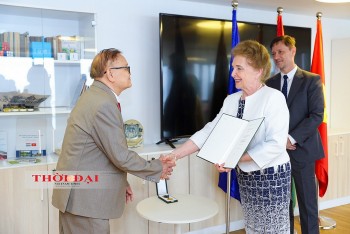 | Translator Vu Ngoc Can Builds Cultural Bridges to Connect Vietnam and Hungary Over the past 40 years, Assoc. Prof., PhD., translator Vu Ngoc Can (pen name: Vu Thanh Xuan) has constantly attempted to introduce Hungarian culture and ... |
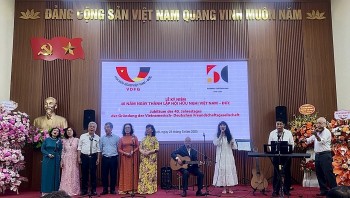 | Solid Bridge for People-to-people Relations between Vietnam and Germany Speaking at the 40th Anniversary of the Vietnam - Germany Friendship Association (May 23, 1985 - May 23, 2025), held on May 23 in ... |
In topics
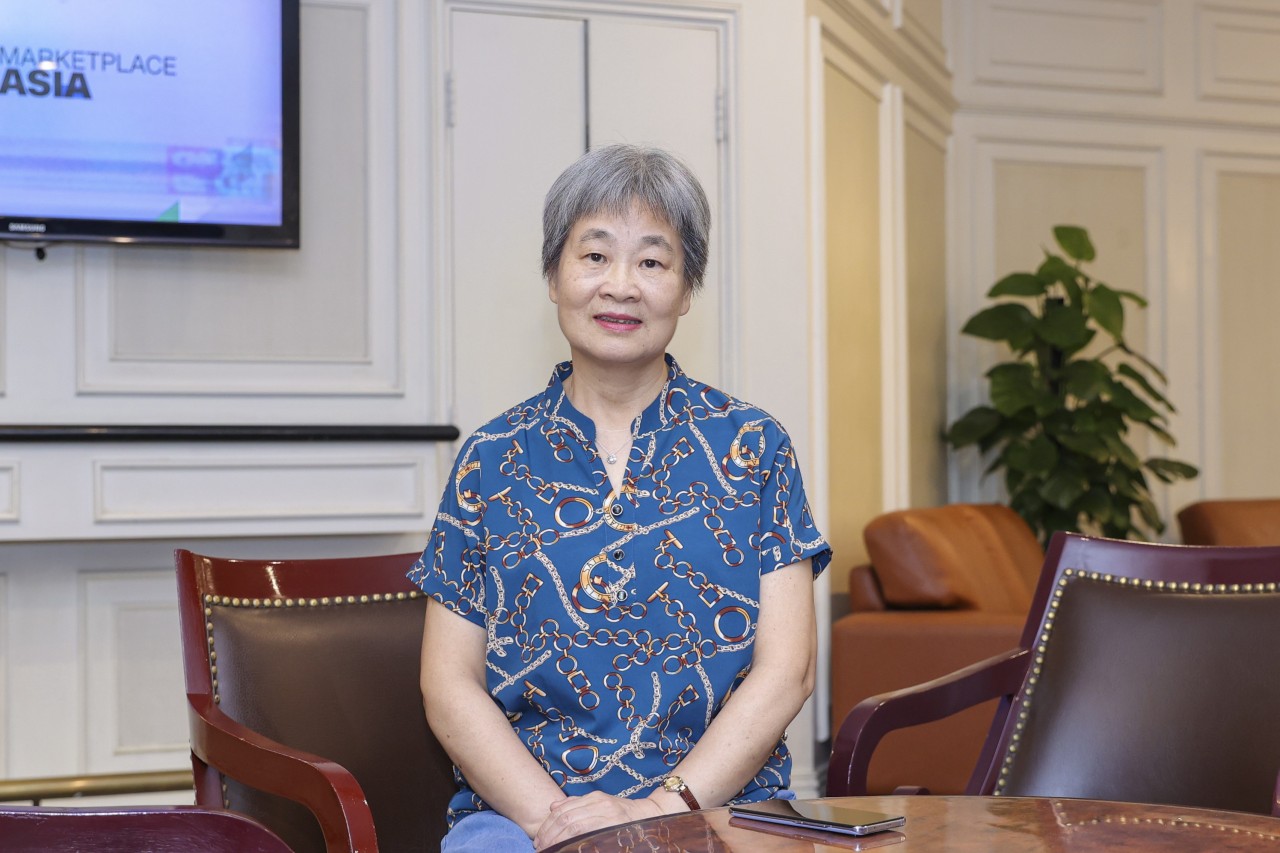 Friendship
Friendship
Chinese Friends Share Memories and Affection on Vietnam’s 80th National Day
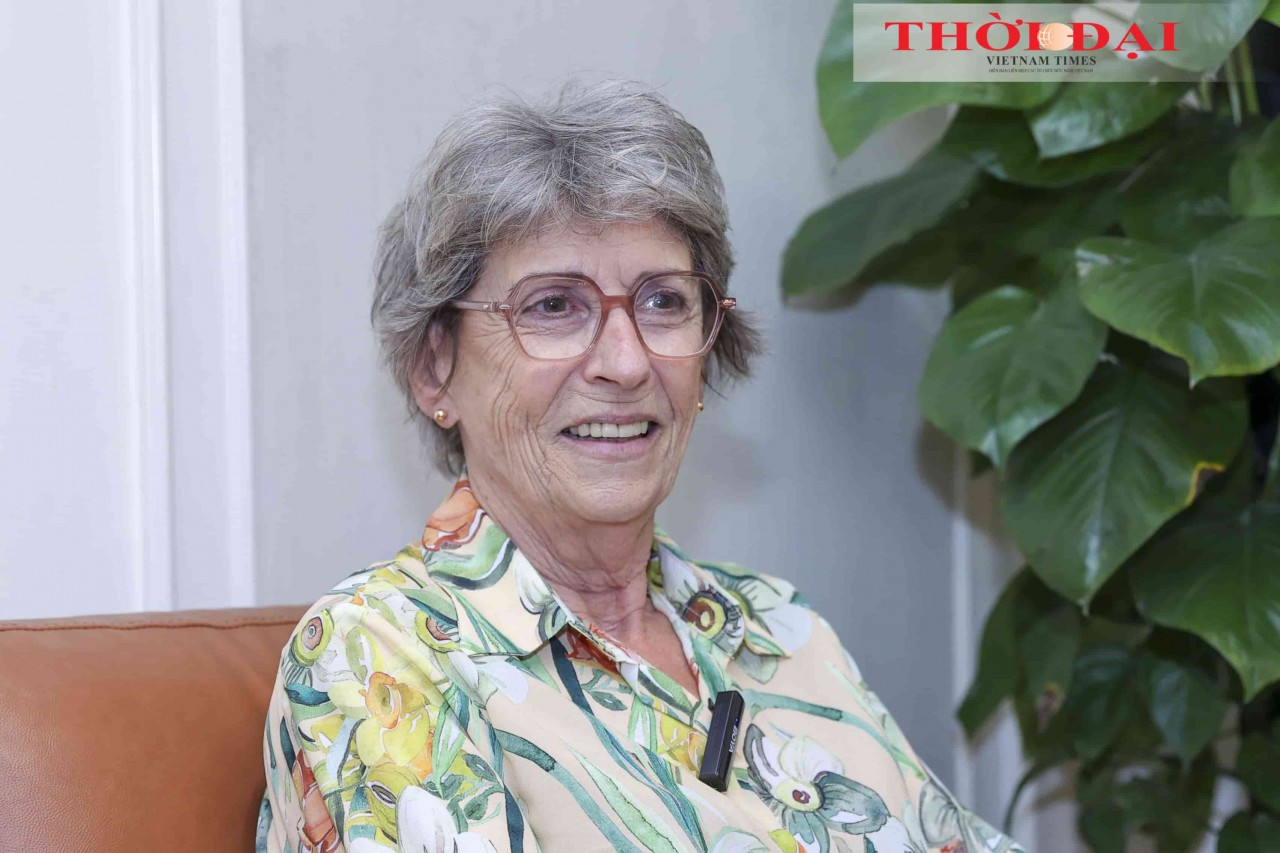 Friendship
Friendship
President Ho Chi Minh’s Goddaughter Shares Reflections on Vietnam’s “Extraordinary Resilience”
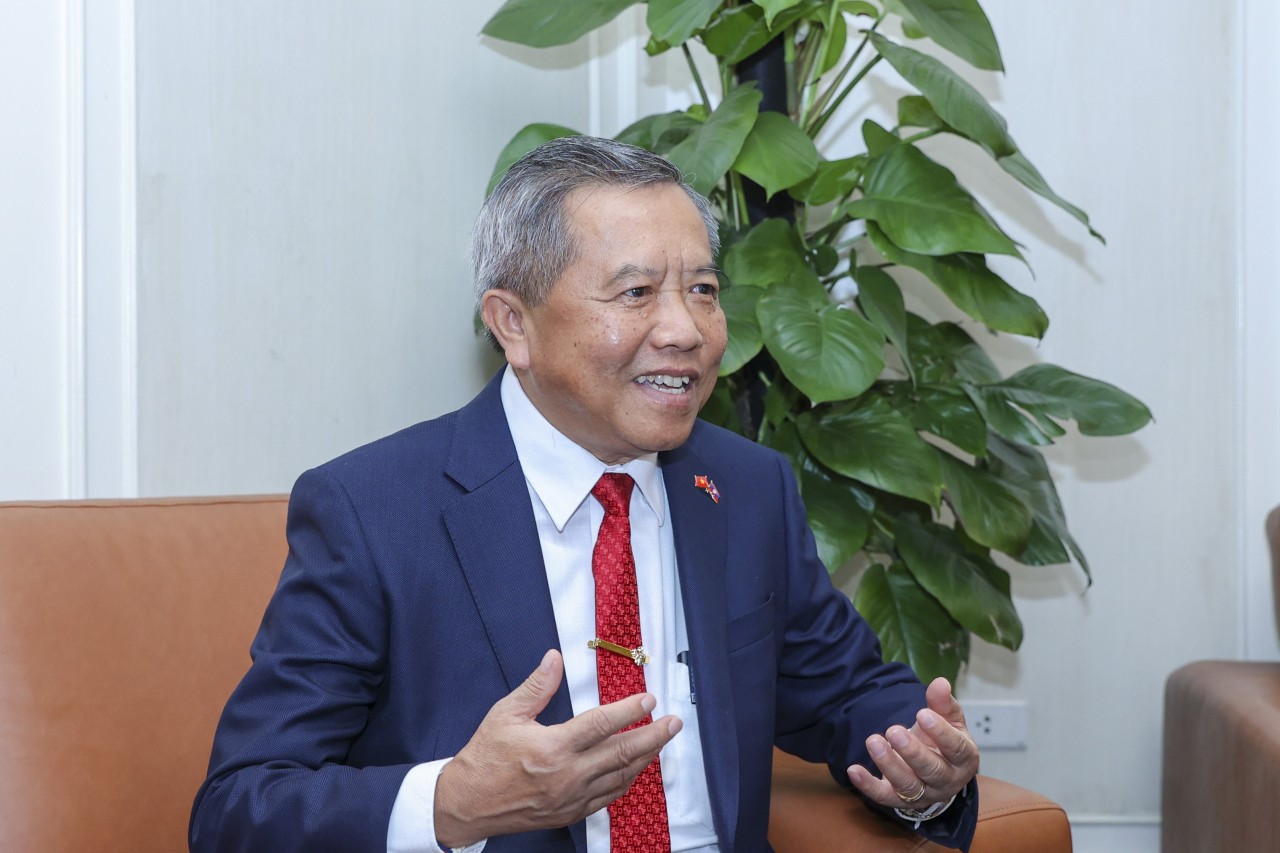 Friendship
Friendship
Boviengkham Vongdara: I am Impressed by Vietnam’s Growth and Spirit of Solidarity
Recommended
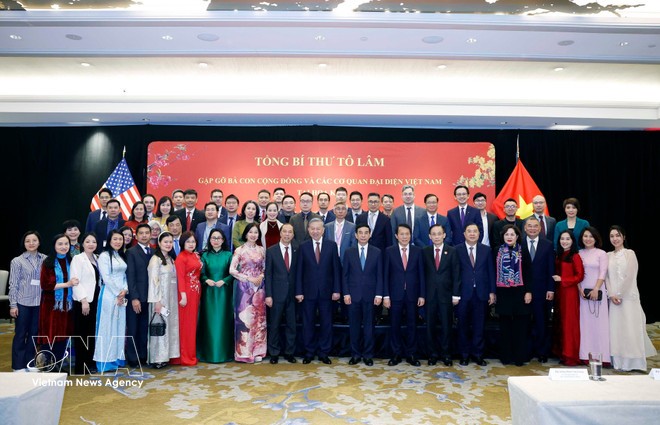 Overseas Vietnamese
Overseas Vietnamese
Party Chief Meets with Representatives of Vietnamese Community, Agencies in US
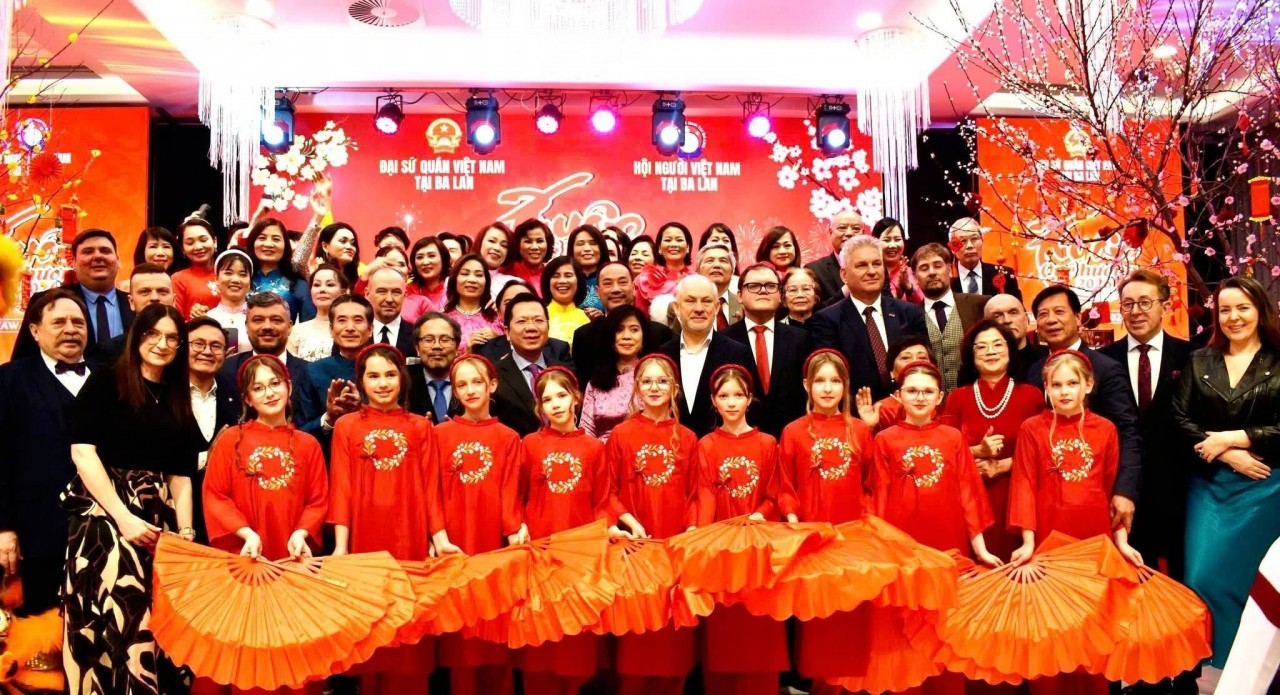 Overseas Vietnamese
Overseas Vietnamese
Vietnamese Communities in Russia, the United States, Canada, and Poland Celebrate the Lunar New Year of Binh Ngo 2026
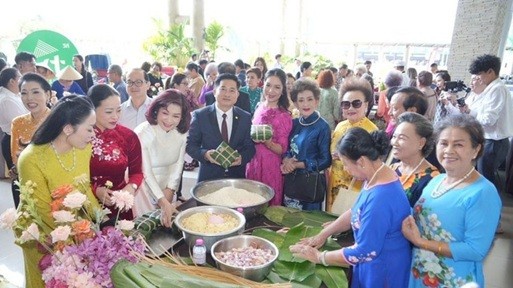 Overseas Vietnamese
Overseas Vietnamese
Vietnamese Expatriates in Thailand, Germany, and Russia celebrate Tet with Deep Affection Toward Homeland
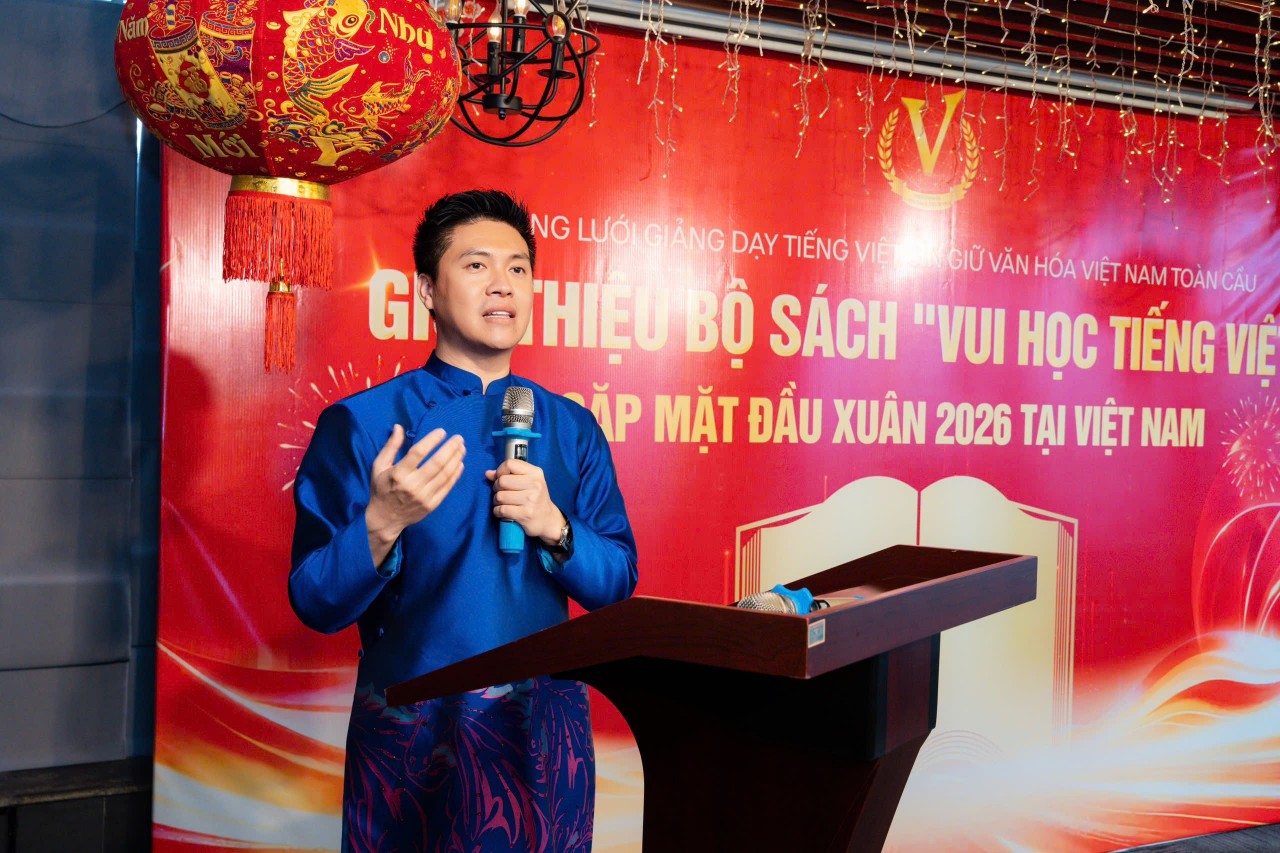 Overseas Vietnamese
Overseas Vietnamese
Introducing the “Fun Learning Vietnamese” Book Series for Overseas Vietnamese
Popular article
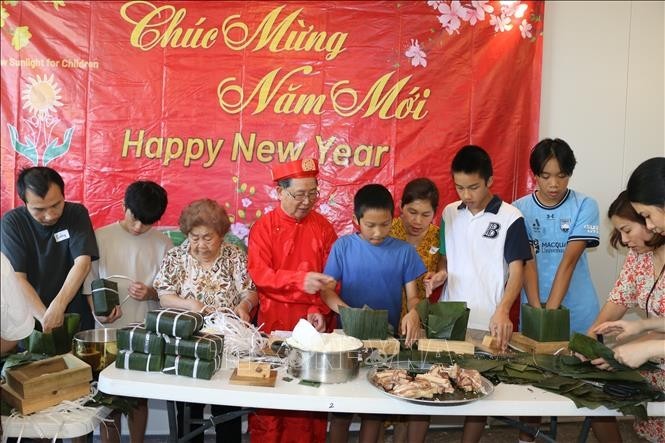 Overseas Vietnamese
Overseas Vietnamese
Vietnamese Community in Australia Wraps Banh Chung to Welcome Tet
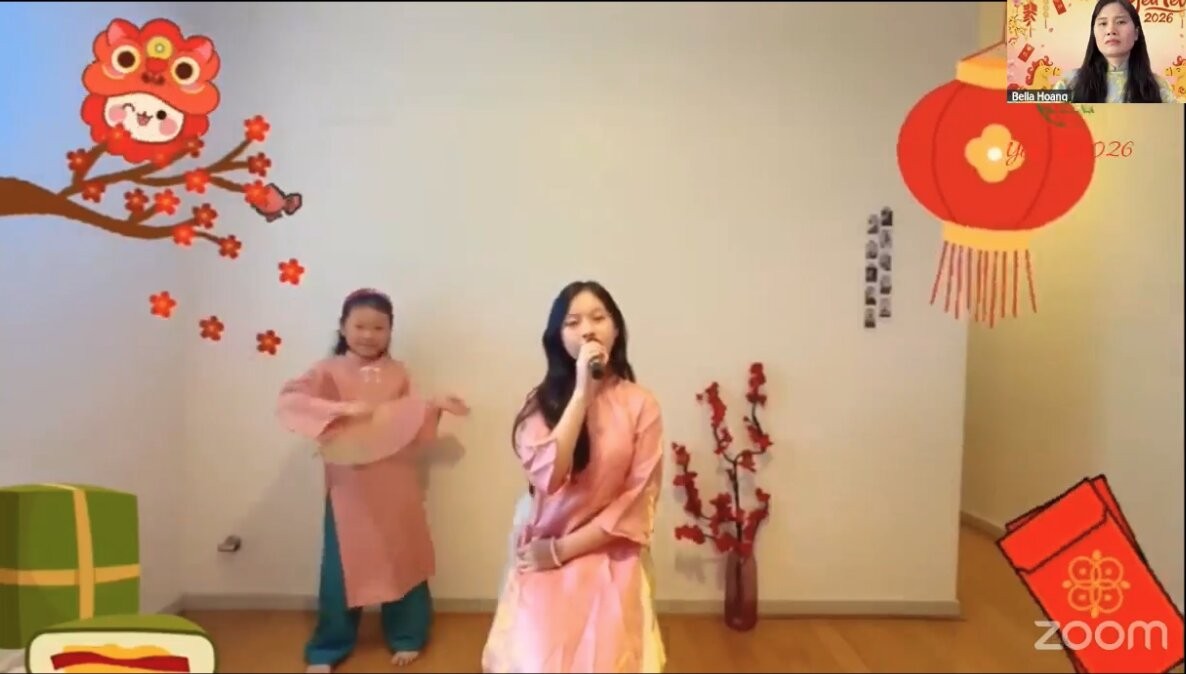 Overseas Vietnamese
Overseas Vietnamese
Gala Yeu Tet 2026 Connects Overseas Vietnamese Children from Many Countries
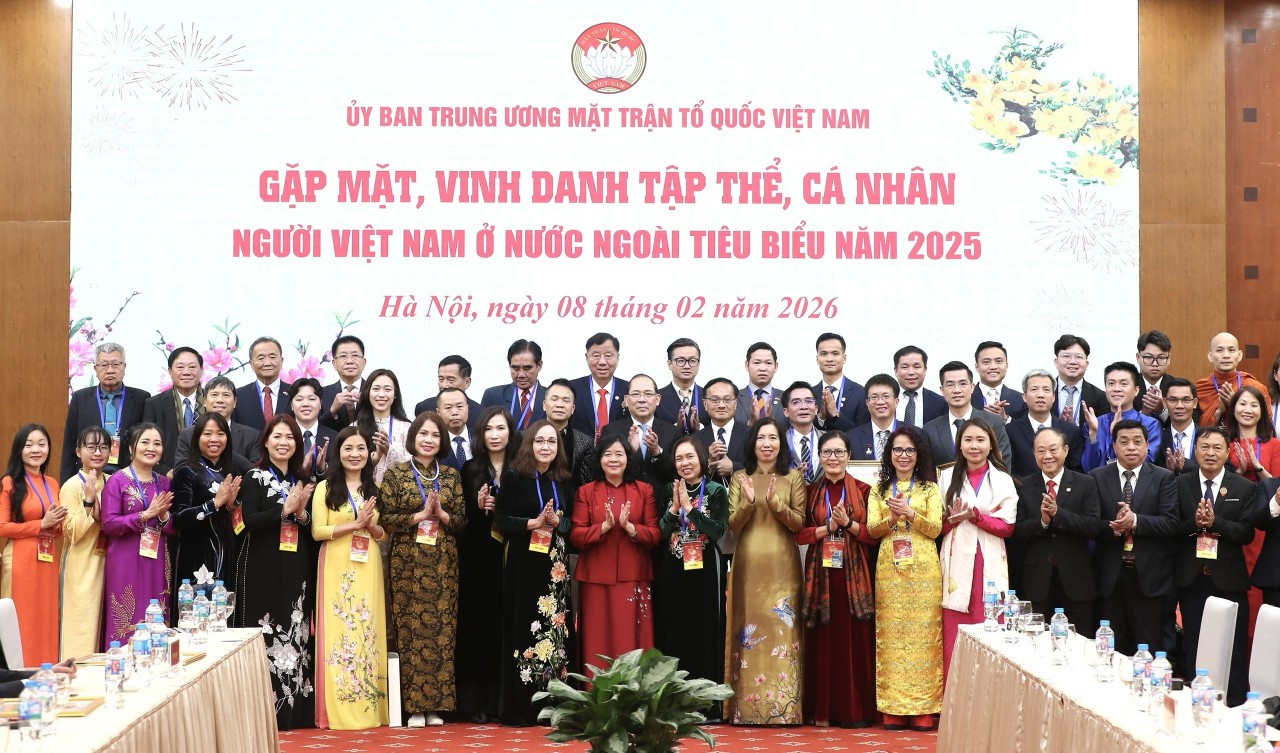 Overseas Vietnamese
Overseas Vietnamese
Vietnam Calls on Overseas Vietnamese for Breakthrough Ideas and Development Initiatives
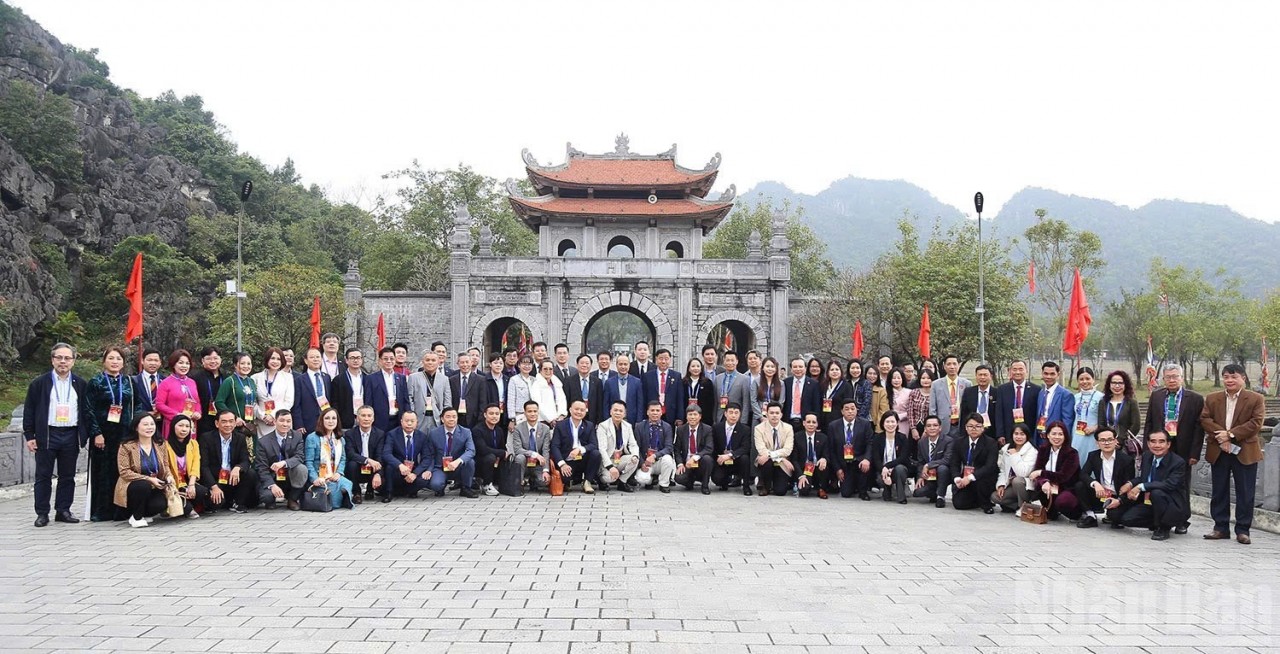 Overseas Vietnamese
Overseas Vietnamese




